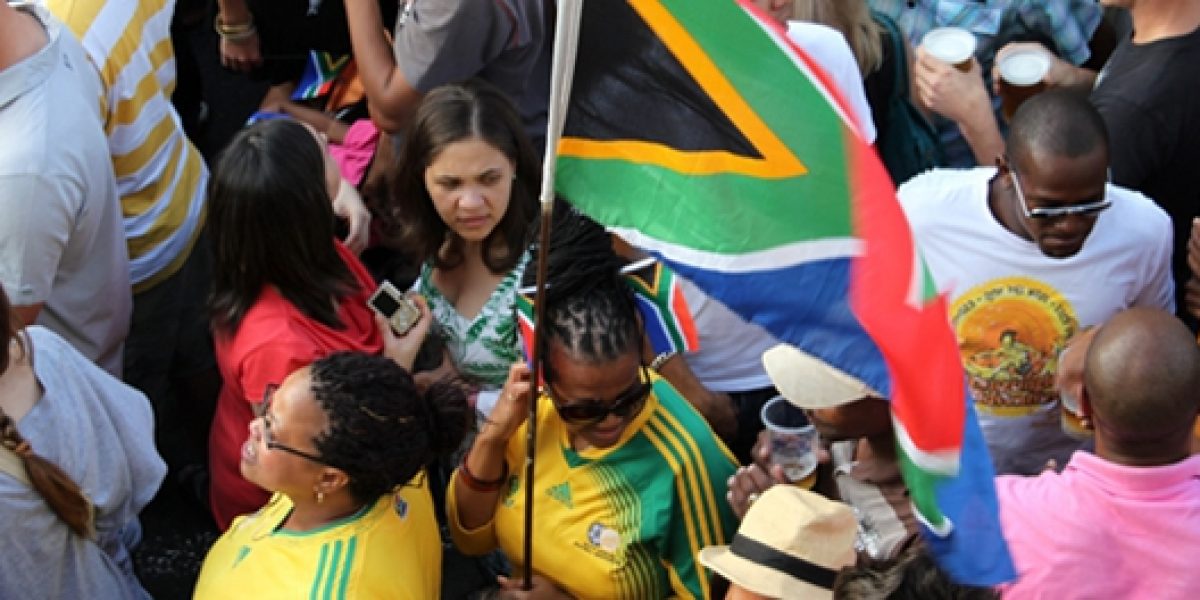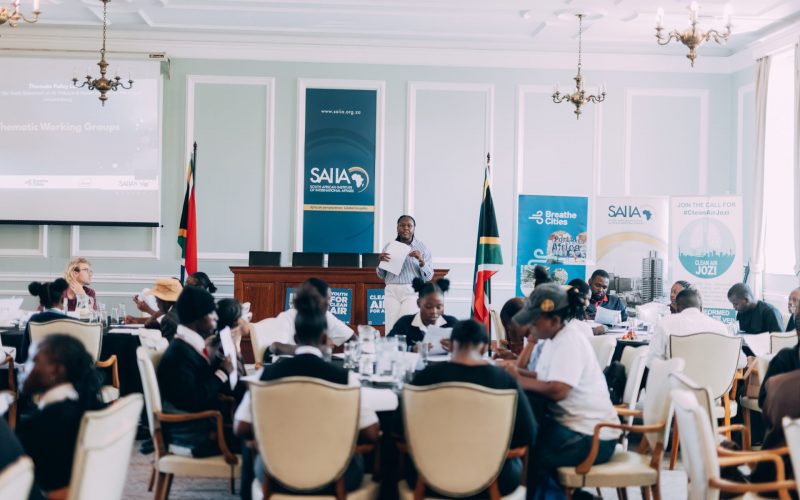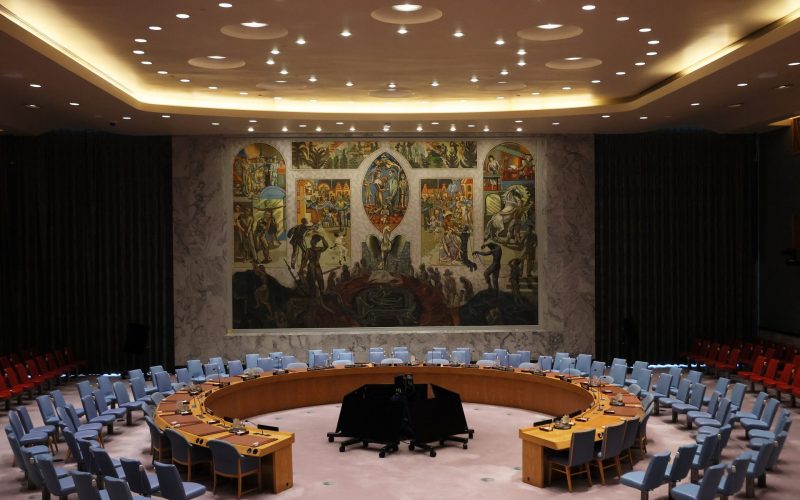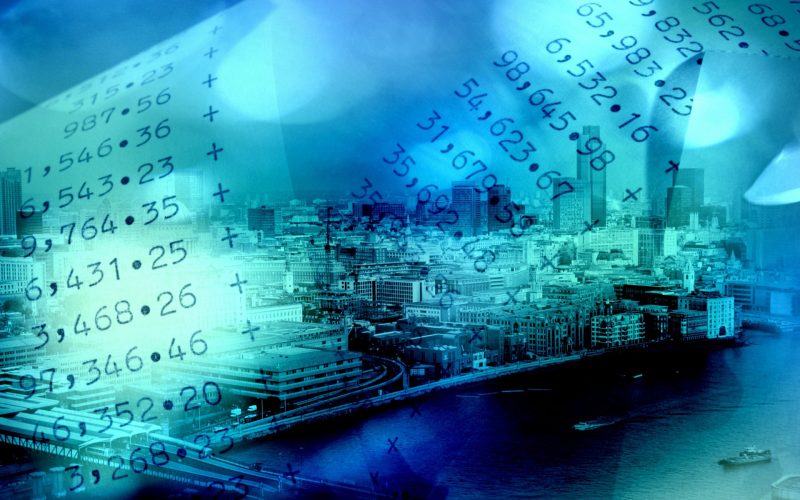However, life in post-apartheid South Africa is apparently not a happy one, with South Africa being ranked 116th out of 157 countries – and slipping three places down from last year. This makes us a sadder place than our immediate neighbour, Namibia and Zambia and interestingly Iraq. But better off than Botswana and worst off country, Liberia. Of our BRIC partners Brazil ranks 17th, Russia takes the 56th spot, India is just below us at 118 and China is a solid performer at 83. The happiest place in the world right now is Denmark – even without enough average sunshine for your ubiquitous Human Rights Day braai.
The list is compiled by looking at six indicators, including GDP per capita, social support, (these first two are not terrible in South Africa), healthy life expectancy (here we start to slip), social freedom, generosity (what happened to Ubuntu?) and perception of corruption (Zuptagate). ‘The scores of these six factors were then compared to “Dystopia” – a hypothetical country that contained all of the worst scores. This acted as a benchmark for the worst possible country.
Despite the list drawing one to tongue-in-cheek commentary, the ranking, methodology, its validity and insight into the world’s development status is increasing in stature. The first Index was released in 2013 with Jeffrey Sachs leading the research into the methodology and outcomes of the study. Having his name associated clearly gives the Index stature but also pause for thought on what it is we are trying to achieve with our sustainable development causes, our rally cries for poverty alleviation and our obsession with growth rates. Ultimately, we aim to improve the lives of all seven billion of us, make us all happier, healthier while maintaining the earth we live on. This would suggest that South Africa should not chase additional growth rates at all costs, but focus on dealing with corruption and health care.
Elements that counted in Denmark’s ranking favour include their focus on renewable energy. Alongside the UK, Denmark has done the most to combat climate change and its solar energy generation capacity is breaking all the records. Add to this its drive to eliminate food waste and a picture emerges of an educated, equal society that has the resources and capacity to think smart about the planet we live on. In South Africa, our struggle for survival is still too basic to make climate change an election issue, our education levels too poor and our government lacking on encouraging visionary thinking around renewable energy – promising signs from our independent power producers notwithstanding.
And yet, I can’t help but think that the majority of us would still choose our braai under the South African sun – despite our despair at the daily headlines reflecting the state of our hard-won democracy and our stilted conversations on racism – to an ice-cold stroll in a Danish park eating pickled rollmops.








